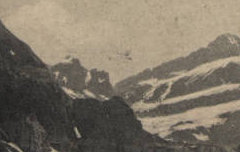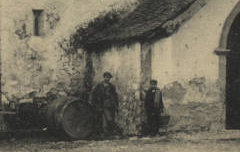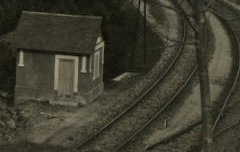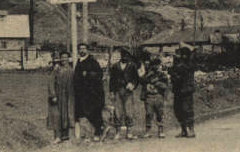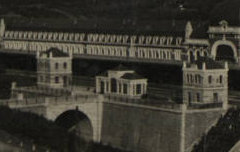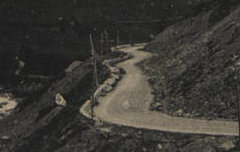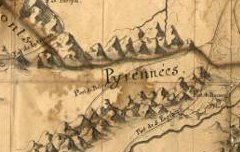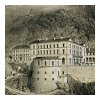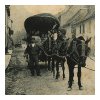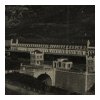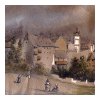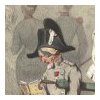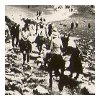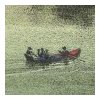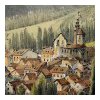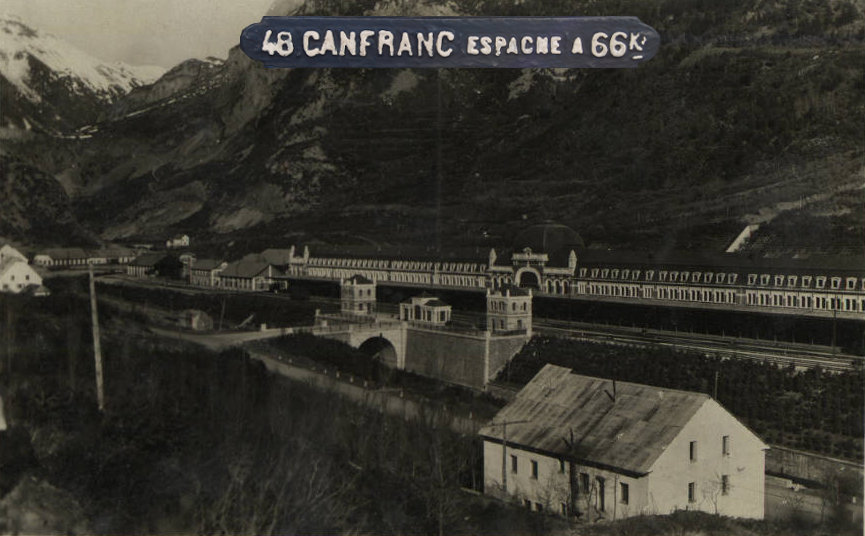
ÂŦÂ The Spanish had to supply the garnison two days of food and the means to transport papers end luggage to France. When they arrived at Canfranc, they were forced to spend the night there, the summit being impractible by the snow that had fallen the previous days. The mules used for the transport of the luggage had been unchanged at their arrival in this village and then sent back. The day after, they were refused to get other ones. The guerilleros and the inhabitants seemed to get ready to attack the unarmed French and share their corpses. To save the accountancy of the 14th squadron Captain Foison had it shared beteween all his troopers , it was reconstituted later and is now to be found at the Ministry of War administration archives.
After the surrender of Jaca, there was not any French left in Aragon Âŧ.
Audio clip: Adobe Flash Player (version 9 or above) is required to play this audio clip. Download the latest version here. You also need to have JavaScript enabled in your browser.
Hear the original version
Extract from : Martin, Emmanuel (1852-1927). - La gendarmerie française en Espagne et en Portugal (campagnes de 1807 à 1814) : avec un exposÃĐ des opÃĐrations militaires exÃĐcutÃĐes dans les provinces du nord de l'Espagne par nos armÃĐes, les troupes rÃĐguliÃĻres ennemies et les guÃĐrillas espagnoles, d'aprÃĻs les archives du ministÃĻre de la guerre, les archives nationales et autres documents manuscrits ou imprimÃĐs. - LÃĐautey (Paris), 1898. [The French ÂŦ gendarmerie Âŧ in Spain and Portugal (1807-1814 campaign) : military operation in the North of spain by our armies, the ennemy troops and the spanish guerillas]
Online on Gallica
The French ÂŦ gendarmerie Âŧ in Spain and Portugal (1807-1814 campaign) : military operation in the North of spain by our armies, the ennemy troops and the spanish guerillas.
